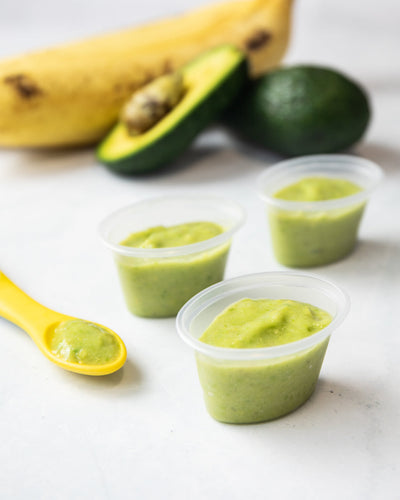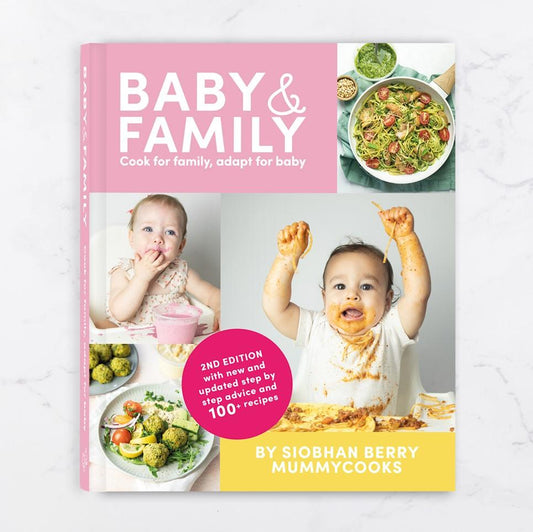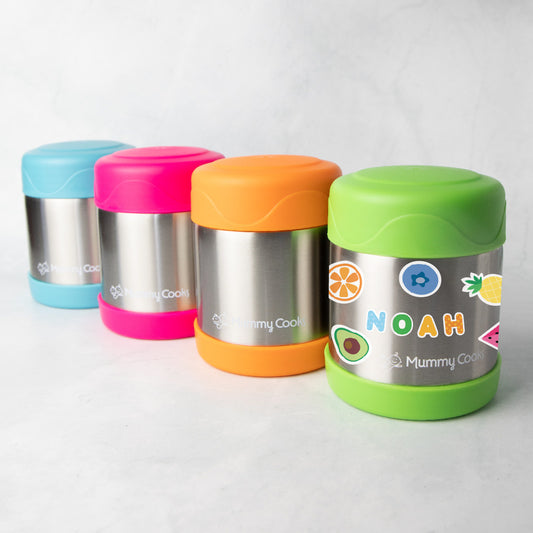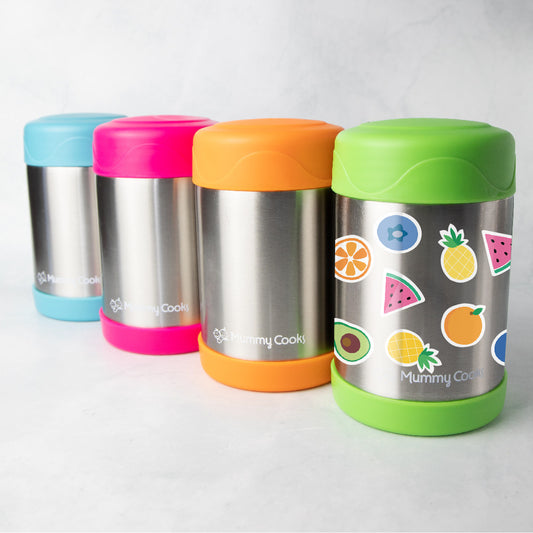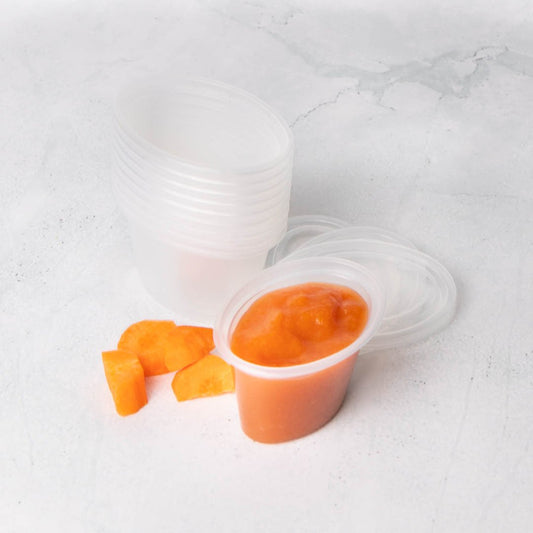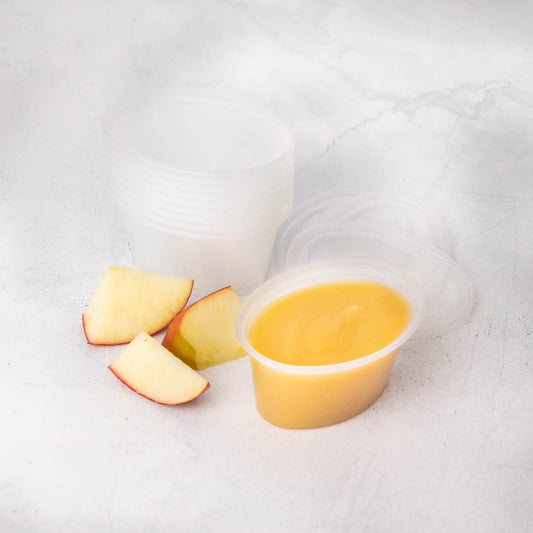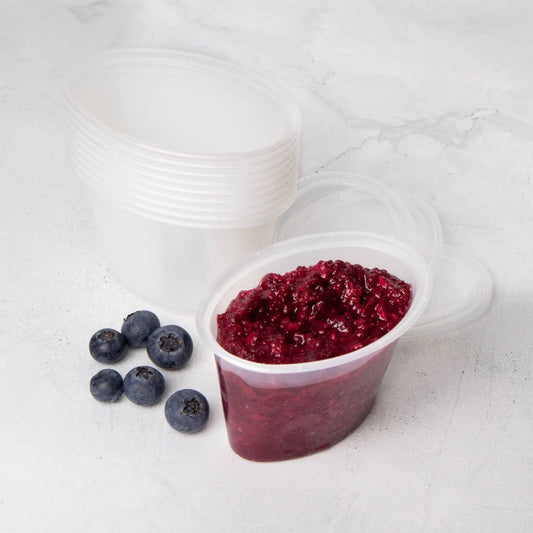With the media constantly advertising dairy products to boost vitamin D and calcium intake, cheese and yogurts are often seen as the perfect healthy snack for children and babies. Although dairy is a healthy source of proteins and fats, it should be offered in moderation like everything else. While children do gain nourishment from dairy foods, excessive snacking on these products may be adding too much unnecessary fat, sugar and salt to your little one’s diet. Follow our nutrition guide for dairy below to ensure that your child is getting the right balance.
Nutrition for young children
Good nutrition is important for growing kids. Always aim to offer your child foods from all the major food groups which includes Dairy, Fruits, Grains, Protein and Vegetables. A well-balanced diet with three meals a day will aid in your child's growth and development and sets up a healthy path towards adolescence. It's important that dairy is eaten in moderation as part of a varied and healthy-balanced diet so your child gets the nutrition they need from the other food groups as well.
Dairy and your baby
Your baby can have dairy products in moderation from six months of age. If your baby is getting the required amount of milk from either breast or bottle then you can add full fat milk to your baby’s cereal or include during cooking. Offer your baby slices of cheese as a snack but no more then once per day. Baby yogurts are often high in sugar and so as an alternative we would advise using natural yogurt with either a homemade fruit puree such as our Peach Pureé with Basil and Ginger or grated apple and pear.
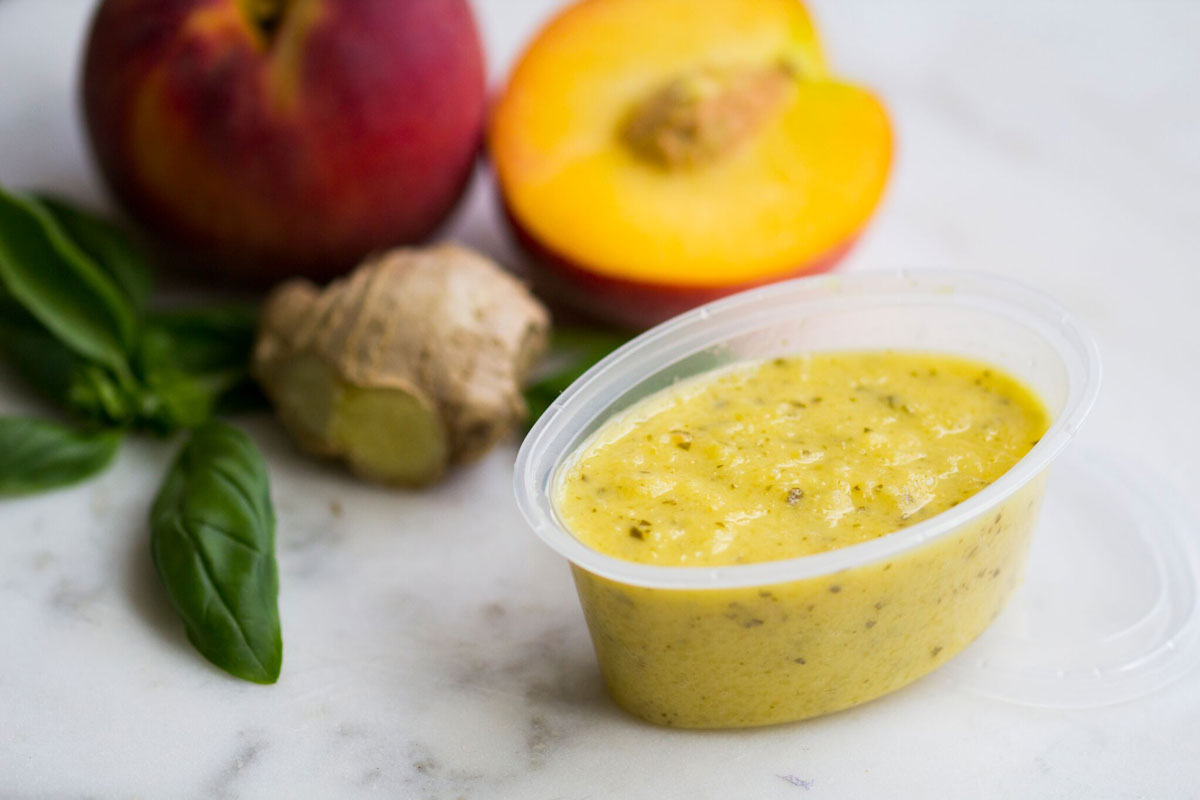
A healthy snack?
When it comes to snacking, getting the balance right is important especially at the weaning stage. Baby or Children’s yogurt are high in sugar, yet are often offered as a ‘healthy snack’ more than once or twice a day. This along with cheese in sandwiches, milk in cereals and so on can lead to excessive dairy intake.
I am a firm believer in balance. For your toddler, I always recommend measuring your milk in the morning to make sure your child does not fill up on milk during the day.
The general guidelines are 600 ml of milk for children which includes milk added to cereals. If offering as dairy as a snack, try to avoid more than 2-3 servings a day. Snacks like Frozen Yogurt Blueberries and slices of cheese are good options. Full plain yogurt is another great snack, simply add grated or pureed fruit like Baked Apple and Apricot for added texture.
Again, a varied and healthy balanced diet is important for children, so don’t rely on just dairy as a snack; switch up snack time with some apple slices with a smooth nut butter, hummus or a Vegetable Muffin.
Beware of the Sugar
Don’t be fooled by marketing ploys when it comes to foods for your baby, especially dairy products. Companies and large brands know to target children’s food with claims such as ‘Source of Calcium’ or ‘High in Vitamin D’ for ‘Healthy Bone Development’. We already know that these foods are sources of both, but clever marketing strategies tend to hide or distract you from the high sugar contents.
Avoid Low Fat
Low fat products, especially dairy products are often pumped with more sugar or flavourings to make up for the taste lost when the fat is removed. Low fat products are generally higher in sugar or salt than full fat products. This is especially true with yogurts, so opt for a full fat option instead. Cheeses should be given in moderation due to their salt content but try to choose a full fat, low sodium cheese where possible.
Portion Sizes
Be aware of portion sizes when it comes to dairy as it is easy to offer more than the recommended portion. 1-2 ounces (28-56 grams) of cheese is considered a portion so keep this in mind when offering as a snack or in sandwiches. Avoid cheeses targeted at children such as stringy or sliced cheeses; they are generally overly processed cheeses that claim to be ‘Ideal for Kids Lunchboxes’. Mild cheeses such as cottage, Jack or mild Cheddar are good options, just be sure to check the ingredients and salt levels to choose the best option for your child.
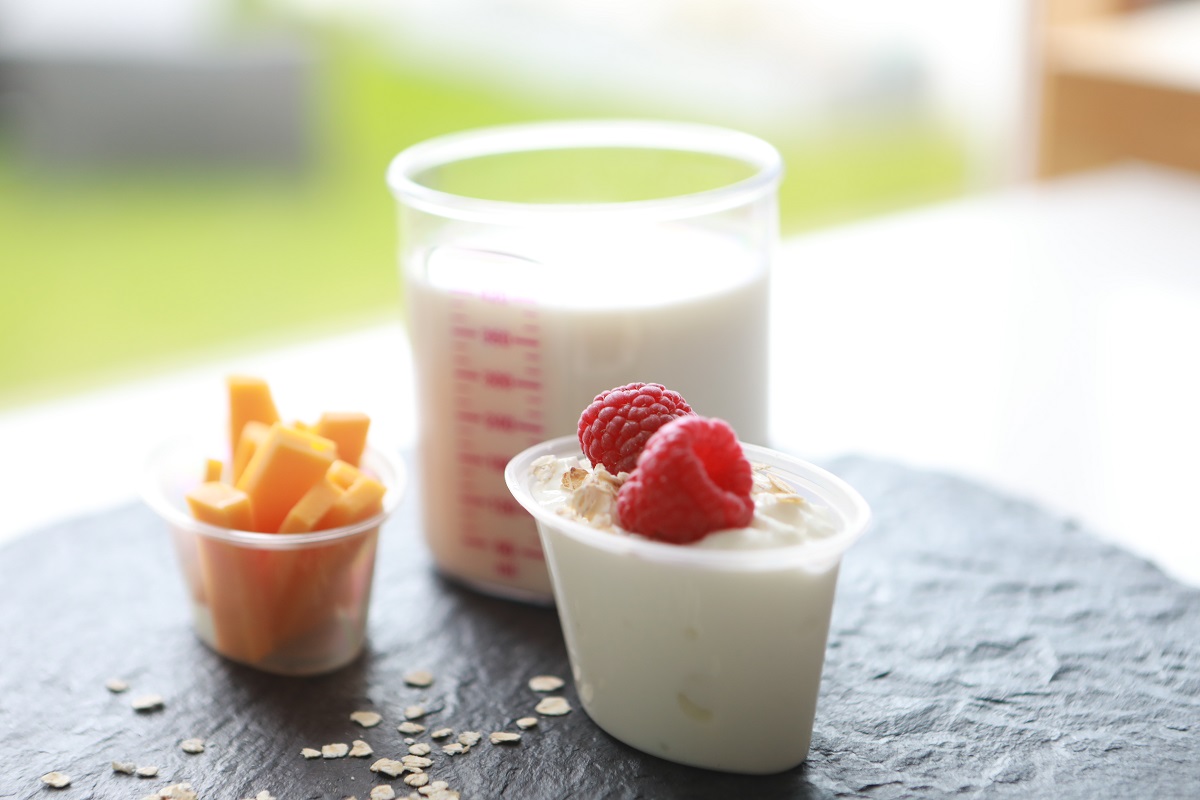
Find Balance
Remember that everything is okay in moderation and it is important to include a wide variety of foods and food groups in your weaning baby’s or child's diet. If you are concerned about weight even though you are feeding a healthy diet, consider reducing your child’s daily dairy intake, and limit the amount of cheese or yogurts offered before a meal. Avoid offering milk as a drink before or during meals as this can them fill up and they will be less likely to be hungry for their main meal. If you are still concerned, visit your GP for advice.
Happy Eating!







